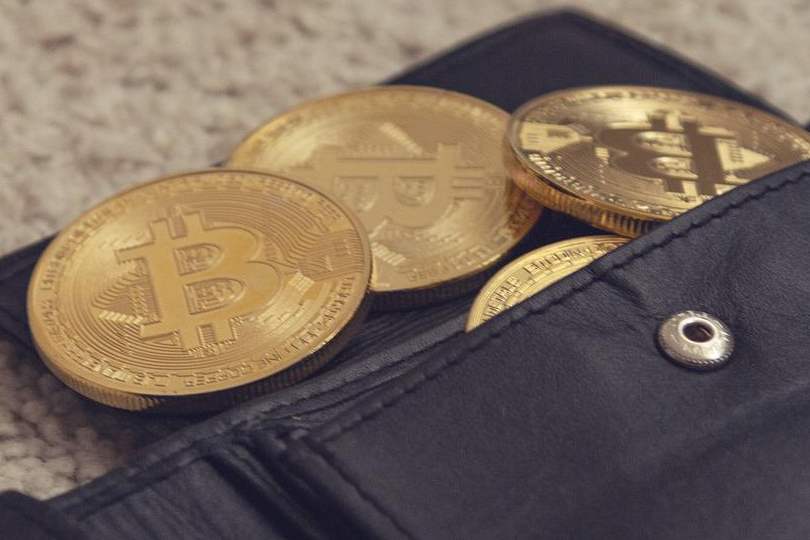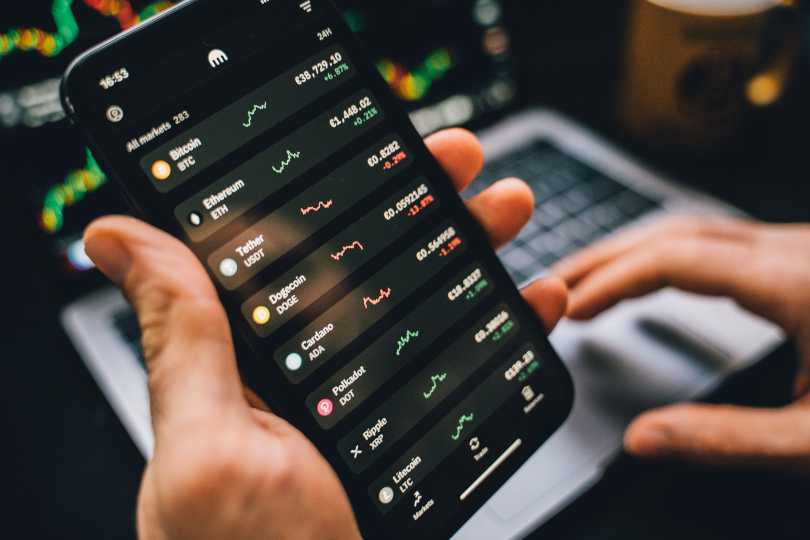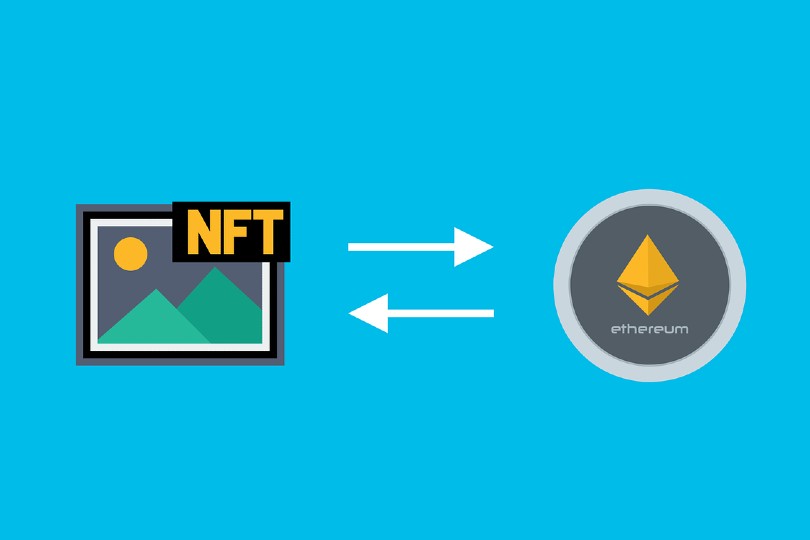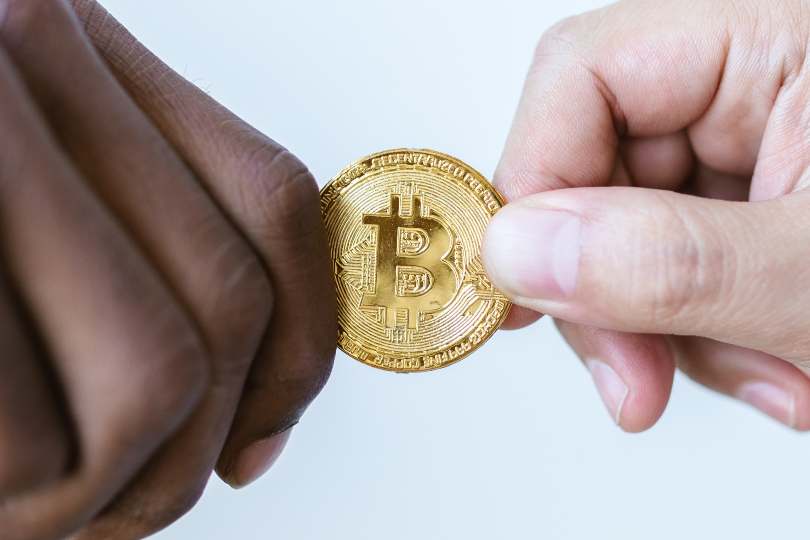What is Cryptocurrency?
Cryptocurrency is a type of digital currency that uses encryption techniques to regulate the generation of units of currency and verify the transfer of funds. It is a decentralized form of currency, which means that it is not controlled by any central authority, such as a government or a financial institution.
Cryptocurrencies operate on a technology called blockchain, which is a decentralized, distributed ledger that records transactions in a secure and transparent manner. Each block in the chain contains a record of several transactions, and once a block is added to the chain, it cannot be altered. This makes the blockchain technology tamper-proof, secure, and transparent.
Top crypto articles
Is cryptocurrency regulated in the UK?
Cryptocurrency isn’t regulated in the UK, however the UK government has set out plans to “to regulate crypto and protect consumers“.
In 2019, the UK government issued guidance on cryptocurrency regulations, which outlined the regulatory framework for businesses operating in the cryptocurrency sector. The guidance covers areas such as anti-money laundering (AML) and counter-terrorism financing (CTF) regulations, tax laws, and consumer protection.
Under the UK’s AML and CTF regulations, cryptocurrency exchanges and other crypto-related businesses are required to register with the Financial Conduct Authority (FCA) and comply with the same regulatory requirements as traditional financial institutions. The FCA also has the power to take action against companies that do not comply with the regulations, including issuing fines and revoking licenses.
In addition to the FCA’s regulations, the UK’s tax laws also apply to cryptocurrency transactions. In general, cryptocurrency is treated as property for tax purposes, and individuals are required to pay capital gains tax on any gains they make from buying and selling cryptocurrency.
Overall, while cryptocurrency regulation in the UK is still evolving, the country has taken steps to regulate the industry and provide guidance to businesses and individuals operating in the sector.





